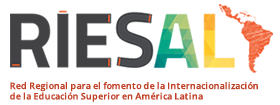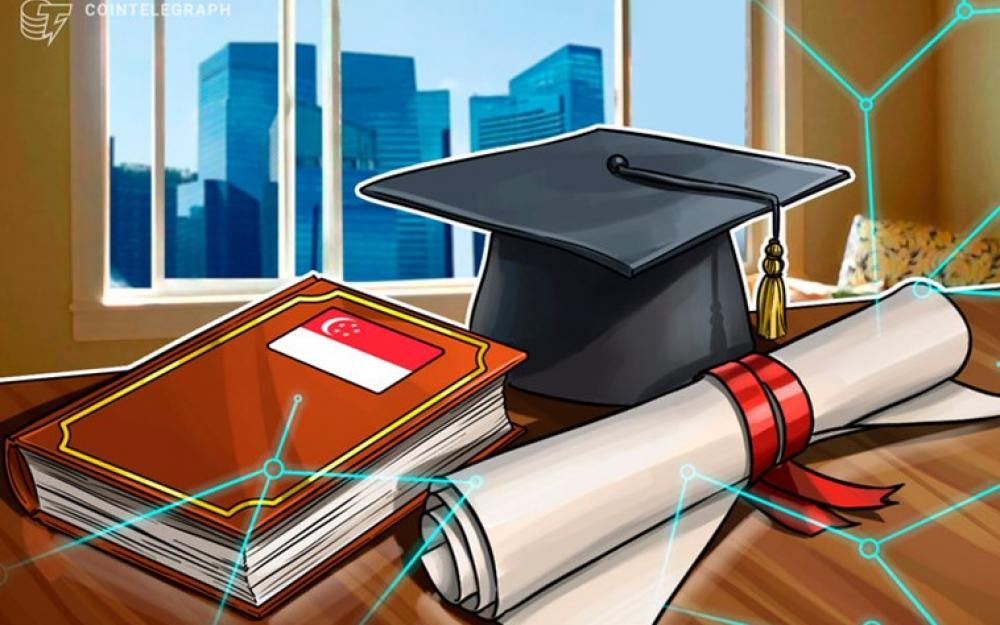Blockchain is a concept that has entered the popular consciousness over the past few years as yet another disruptive technology that’s set to change our world completely. However, it’s fair to say that most of us aren’t too sure what blockchain really is and are perhaps even less sure about its practical applications.
One of the most common criticisms levelled against blockchain is that it is a solution in search of a problem; a Maslowian hammer perhaps.
In some senses, the wider perception of blockchain technology is a victim of its earliest adopters. It has become synonymous with Bitcoin, a volatile cryptocurrency, and associated nefarious activities on the Dark Web.
To some, blockchain is the enabler of a commodity that is not to be trusted. This is somewhat contradictory when we consider that a central tenet of blockchain is to be so trustworthy that it is ‘trustless’, meaning trust is assured and not a concern.
Blockchain effectively removes the issue of trust in a network by distributing that trust among the stakeholders of the network to reach consensus. Blockchain uses Distributed Ledger Technology, in which each network stakeholder has access to view precisely the same set of data. Such data, once appended to the blockchain, becomes immutable; a record impossible to tamper with or modify unilaterally.
While still nascent, the application of digital data repositories for education qualifications has been ramping up for a considerable period.
In Europe, the Groningen Declaration, signed on 16 April 2012, asserted that “digital student data portability and digital student data depositories are becoming increasingly concrete and relevant realities, and in the years to come, they will contribute decisively to the free movement of students and skilled workers on a global scale”.
Since then, this agenda has been furthered by the Groningen Declaration Network’s international signatories with the stated aim to “further global human capital cross border mobility”.
Singapore’s blockchain solution
In November 2017 the Singapore Government Technology Agency, GovTech, was approached by Ngee Ann Polytechnic with a project to produce digital certificates to address qualification fraud, a serious issue for the integrity of higher education.
They accepted the challenge and by April 2019 GovTech Singapore were ready for the national deployment of a solution called OpenCerts across Singapore’s education sector.
OpenCerts is an open source schema for issuing and verifying education certificates built on the Ethereum blockchain platform. The initiative enables participating higher and further education institutions to issue their graduates with digital certificates that can be independently verified by employers and subsequent education providers.
With a simple drag and drop of a digital certificate onto a verifying portal on the issuing institution’s website, the certificate and key data can be verified in a matter of seconds. This removes the need for the awarding institution to respond to external verification requests and puts control of the process in the hands of the awardee.
Steven Koh, director of government digital services at GovTech Singapore, makes a strong case for the adoption of this new technology, saying: “We should take a modern and user-centric approach over the traditional database-centric approach. Allowing the end-user to control how and with whom they share their data is simpler and more responsive.”
To date, 16 higher and further education institutions in the city state have signed up to issue OpenCerts digital certificates.
An ASEAN solution for ASEAN
While initially conceived as a solution to qualification fraud, OpenCerts has the potential to deliver broader solutions for higher education institutions across the ASEAN (Association of Southeast Asian Nations) region. Capitalising on this is Accredify, a Singapore based start-up which works closely with GovTech to develop products on OpenCerts.
Accredify is currently rolling out a suite of technical solutions that can deliver on qualification and credit recognition, transfer and portability across ASEAN and beyond. The company has developed a turnkey platform to issue, receive and verify OpenCerts certificates for higher education institutions that may not be equipped to apply the technical capacities required.
As most education institutions are unwilling or unable to hold cryptocurrencies such as Ether, the currency required to issue certificates on the Ethereum blockchain, Accredify manages this aspect of the process for their clients. In addition, Accredify ensures that institutions’ OpenCerts interface is constantly updated, maintaining the security and integrity of the process.
Zheng Wei Quah, the co-founder and CEO of Accredify, explains: “Our real mission in ASEAN is to empower universities to speak the same language and in turn enable their students to benefit from an education without borders.”
This mission feeds into the extensive inter-regional policy dialogues on greater cooperation and internationalisation that key higher education stakeholders in the region have been engaged in over the past number of years.
The European Union Support to Higher Education in the ASEAN Region programme, launched in 2015, aims to facilitate the creation of an ASEAN higher education space. The key action lines of the programme have been enhancing the mobility of ASEAN university students through improved qualification recognition frameworks, quality assurance, an ASEAN-wide credit transfer system and a pan-ASEAN scholarship scheme.
The ASEAN Socio-Cultural Community Blueprint 2025, ratified in March 2016, advocates the promotion of “an innovative ASEAN approach to higher education” to “promote greater people-to-people interaction and mobility within and outside ASEAN”, leading to “the free flow of ideas, knowledge, expertise and skills to inject dynamism within the region”.
The emergence of an innovative ASEAN standard to certify, issue, share and verify academic credentials within the ASEAN Community will go some way towards achieving the dream of an ASEAN Higher Education Area and a vibrant, people-centred ASEAN Community.
https://www.universityworldnews.com/post.php?story=20190917092036711





